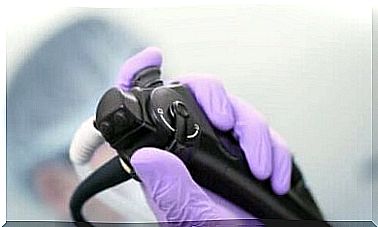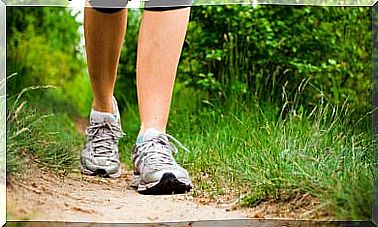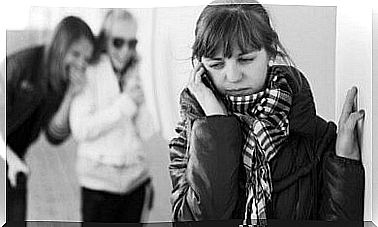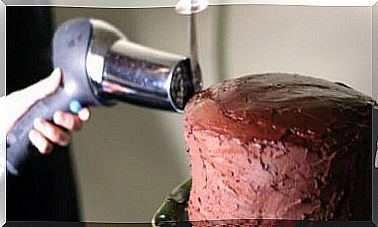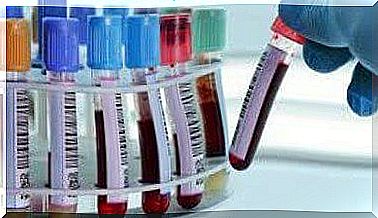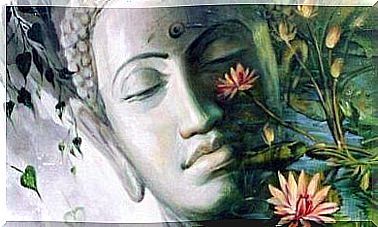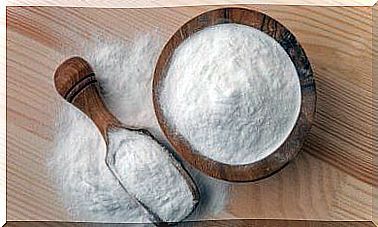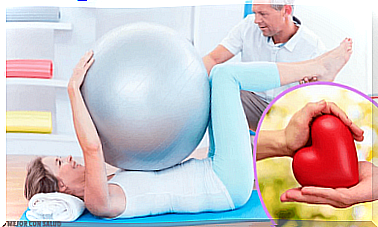Stroke – Symptoms And Causes
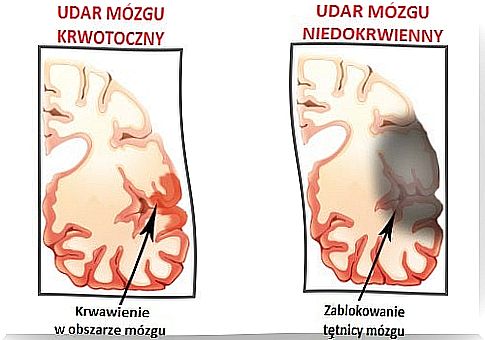
A stroke, also known as a cerebrovascular accident or apoplexy, can be easily recognized. It requires immediate attention, as the time between the onset of stroke symptoms and getting medical attention should not exceed four hours. That is why it is so important to be able to recognize a stroke .
Every minute counts when a stroke is suspected and decisions can lead to serious consequences and even death.
Stroke can occur at any age, is more likely after age 30, and is more common in men.
It is very important that each of us can recognize the symptoms of a stroke and at a decisive moment be able to help a loved one or someone around us. This knowledge will also be useful when recognizing the symptoms in ourselves and calling for medical help in time.
What symptoms should worry us?
You should pay particular attention to the symptoms indicated and even if they subside, you need to see your doctor for a check-up.
- When we feel weakness or numbness on one side of the face or on one side of the body.
- When we have sudden difficulty speaking or swallowing.
- When we suddenly have a severe headache for no apparent reason.
- When we lose balance and coordination, we feel dizzy and see double.
- When we have vision problems in one or both eyes.
- When we feel general confusion.
Stroke and its cause?
A stroke is caused by a blockage or rupture of an artery in the brain.
There are two types of stroke:
- Ischemic stroke: is caused by an obstruction in one of the arteries in the brain, and as a result, part of the brain is not supplied with blood.
- Hemorrhagic stroke: occurs when one of the arteries in the brain ruptures, bleeding and damaging the area where the bleeding occurs.
How can we prevent a stroke?
Most often, a stroke occurs in people who suffer from ailments such as atherosclerosis or hypertension.
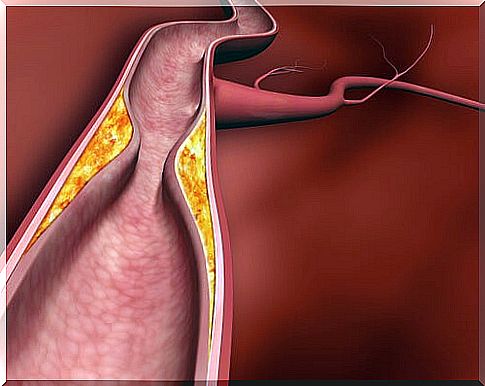
Therefore, we should control these ailments and avoid bad habits and follow the rules below.
- Do not smoke.
- Control blood pressure.
- Eat a healthy diet.
- Do sports regularly.
- Control cholesterol.
- Avoid being overweight.
- Control blood sugar levels.
It is very important to carry out routine health checks to be able to spot any changes in the circulatory system that can negatively affect the carotid arteries that transport blood and oxygen to the brain .
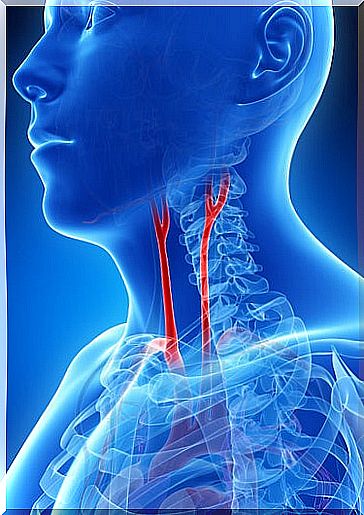
Convalescence
Convalescence after a stroke largely depends, as we have already mentioned, on how quickly the victim responded to the symptoms and underwent medical care, but also on the injuries that arose in the brain and on how quickly the patient underwent neurosurgical rehabilitation.
A stroke survivor’s body behaves as if it has lost its memory. It is imperative to teach the patient the movements that were easy and natural to make before the stroke.
During convalescence, psychological support is extremely important, both for the patient and his family. The changes that took place after a stroke are strongly felt among his loved ones, often leading to impotence, fatigue or depression.
A stroke survivor turns from being active, working and independent to being partially or completely dependent on others.
During recovery, nothing is certain, and the patient’s progress can be very slow. Each person’s body reacts differently to external stimuli. Usually, younger patients have a better prognosis during rehabilitation.
For older patients, the main goal of rehabilitation is to restore as much independence as possible for pre-stroke activities. Rehabilitation in this case must be directed to the individual and special needs of the patient.
A stroke, besides the fact that it kills thousands of people each year, means that many of them suffer from disability after it suffers.
That is why it is so important that people who have problems with the cardiovascular system try to solve them as soon as possible. Our life is too precious a gift to neglect ailments that can lead to serious health and even life threats. It is worth remembering that you need to take care of yourself and visit a doctor, because it is easier to prevent diseases than to cure them.
